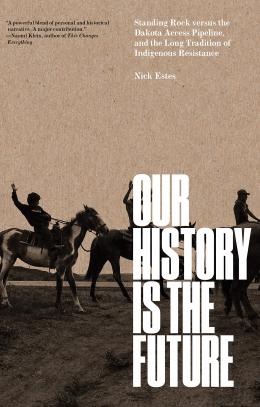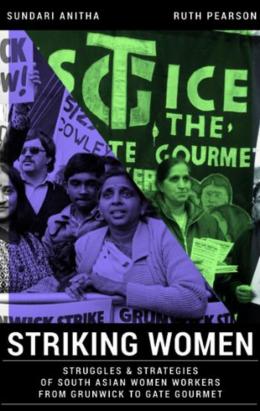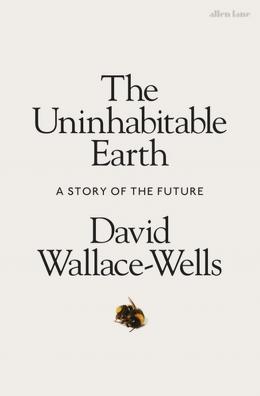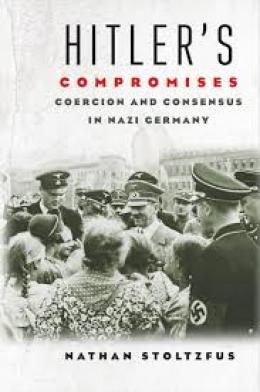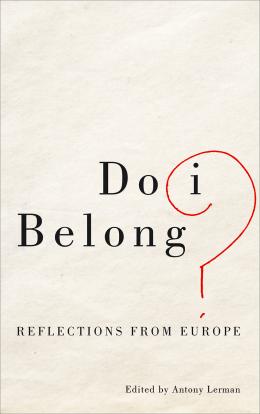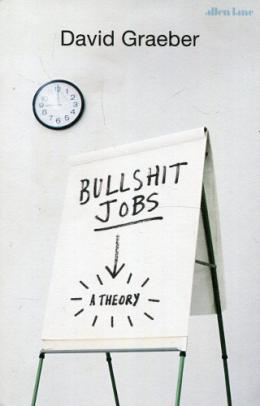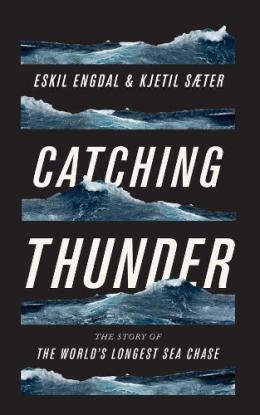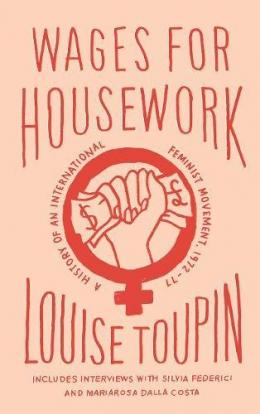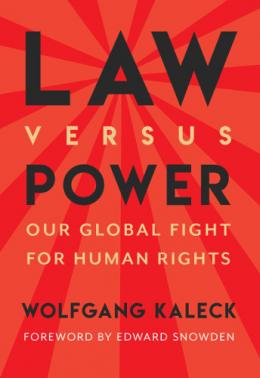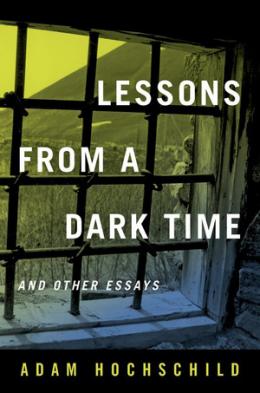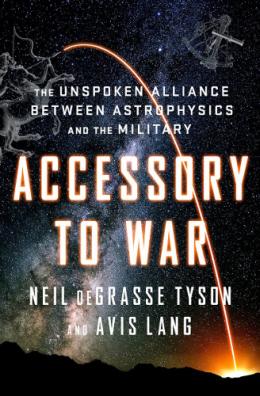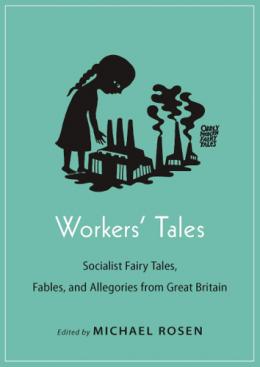‘This is a war story.’
Thus begins Nick Estes’ historical recounting of the survival of – and the resistance waged by – Native American people, the ‘first sovereigns’ of – and the ‘oldest political authority’ in – America.
US history saw the first white settlers attempt to ‘permanently and completely replace Natives with a settler population’. This is a war that continues to rage to this day, as seen in the horrific police violence against Native Americans fighting to resist the contruction of the Dakota Access Pipeline. DAPL…


